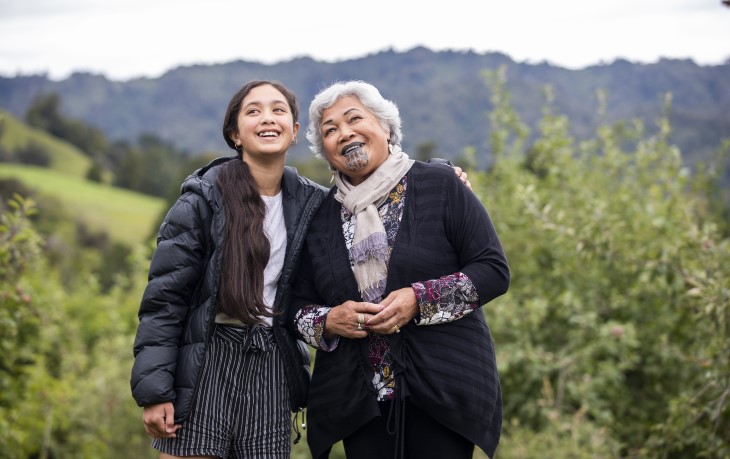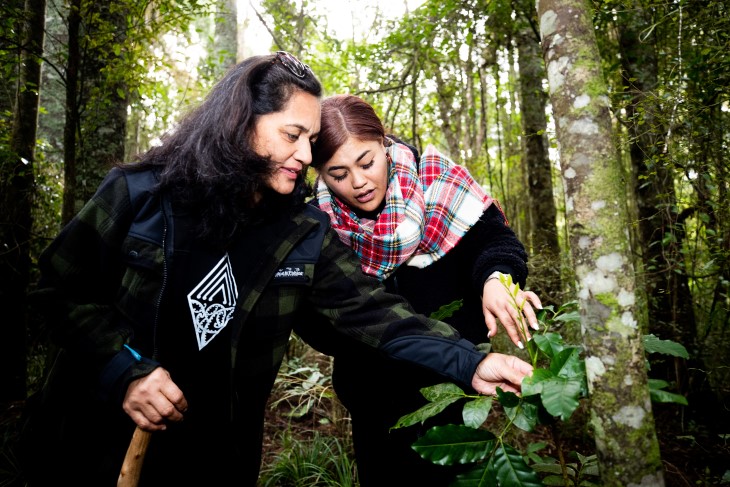Reclaiming a te ao Māori (Māori world) approach to injury recovery
Waipapa Taumata Rau (University of Auckland), in collaboration with Te Piha Romiromi and Tūrama Ltd are recipients of the $100,000 ACC Innovation Fund to help improve outcomes for injured people.
A holistic whānau-centred health programme designed to help Māori recover more swiftly from injury is being piloted at the University of Auckland in partnership with ACC.
The programme has received a grant from our Innovation Fund to develop an innovative programme that will help New Zealanders recover from injury faster.
The calibre of the submissions was so impressive, we increased our funding to support more initiatives that we initially planned for. Each recipient has been awarded $100,000 to support their innovative projects which will help improve outcomes for injured people.
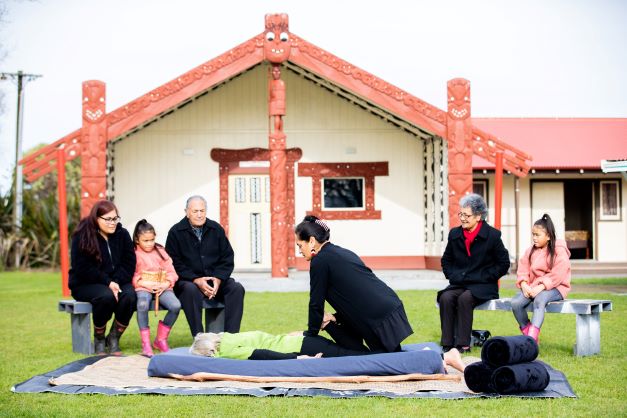
The successful organisations proposed innovative initiatives that will help improve outcomes for injured people.
Dr Tia Reihana (Ngāti Hine) says the Ngākau Oho programme will foster relationships between diverse sectors and stakeholders. These groups are committed to the innovative development of hauora (health) services in Aotearoa.
“For our organisations it is about the normalisation and accessibility of rongoā Māori to enrich Māori wellbeing,” says the lecturer in Dance Studies and Associate Dean of Māori and Pacific at the Faculty of Creative Arts and Industries, University of Auckland.
“This opportunity to work alongside ACC to support whanau (family) who themselves arrive with their own knowledge and experiences in health, means we can build capacity to further develop how we re-envision and implement whanau-based injury care.”
“The sector exceeded our expectations”
Megan Main is our Chief Executive. She says the goal for the Innovation Fund was to create an opportunity to reward and support innovation that will help people recover faster from injury.
“We know there are a huge number of innovative ideas out there that we could learn from and potentially help grow sustainably,” says Megan.
“We asked for ideas that will help us accelerate our Health Sector Strategy, and the sector exceeded our expectations. We’re looking forward to working in partnership with all recipients.”
Megan wants to thank the more than 100 health organisations that applied for the Innovation Fund.
“We need to recognise the time and effort that went into each submission and their contribution towards making this fund a success,” she says.
The ideas we received covered a range of proposals, including programme delivery re-design/process changes, holistic rehabilitation programmes designed specifically for Māori and Pasifika and data integration platform proposals.
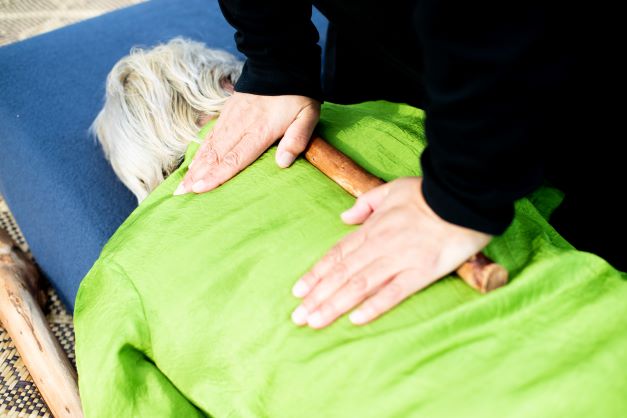
Normalising rongoā Māori
Ngākau Oho has been designed and is being co-led by a core team of three people.
Dr Reihana (Ngāti Hine) Piripi Kirton-Morunga (Ngāpuhi), a romiromi (Indigenous healing) practitioner; and kauapapa Māori researcher, Dr Teah Carlson (Te Whānau-ā-Apanui, Ngāti Porou).
It will also include several tangata whenua (people of the land) healers and health practitioners experienced in hauora, a Māori world view of health.
Located in Dance Studies in the Faculty of Creative Arts and industries, Ngākau Oho will provide a personalised recovery programme for 20 ACC clients and their whānau.
The programme aims to normalise rongoa Māori as a viable and everyday healthcare practice.
Dr Reihana says recent efforts to address Māori health inequities have focused on increasing the number of Māori health professionals. They have also targeted Māori access to culturally relevant rehabilitation services.
“We’d argue that healthcare inequities will persist unless there is also a move towards attributing equal value to customary Māori forms of healing,” she says.
Rongoā Māori is the traditional and holistic healing system that covers the physical, mental and emotional, social and spiritual.
“Working more as a collective”
Ngākau Oho will include online and in-person sessions and wānanga on rongoā Māori including the use of medicinal native plants, romiromi (body alignment), maramataka (lunar calendar relationality), meditation and mahi tinana (body movement).
Crucially the programme has been designed to include whānau, to explore and support whānau-based injury care. “It’s a move away from individualised healthcare to working more as a collective,” says Dr Reihana.
“It is important to reaffirm cultural identity and provide clients and their whānau with a space in which they don’t need to compromise their own beliefs to have their healthcare needs met.”
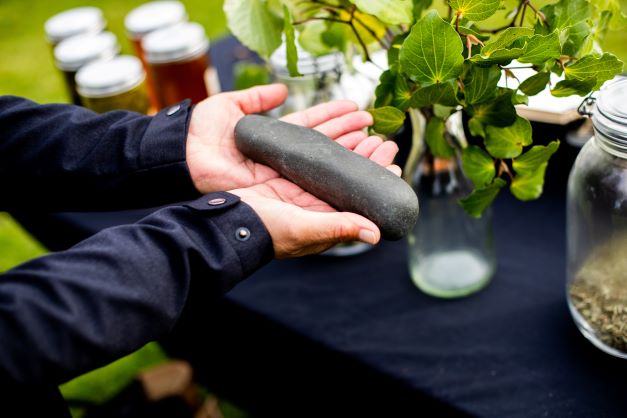
“When Māori have a choice in their health and wellbeing journey, including knowledge of and access to rongoā Māori, we will have moved further on our journey of achieving equity.”
This work will add to the great work already being achieved in the past two years.
We offer rongoā Māori as part of our rehabilitation services.
As at June 2022, we have approved rongoā Māori for around 2,300 claims and funded more than 15,200 sessions.
The Ngākau Oho programme will provide ACC with evidence-based insight on how rongoā Māori would be embedded within established healthcare services.
“We believe the approach we develop will be an innovation that can be used within the health system, says Dr Reihana.
“And importantly, by Māori health practitioners, providers and whānau, helping ensure that rongoā Māori practices can be a real and easily accessed option for Māori in wellbeing and recovery.”
For more about rongoā Māori visit below:
Rongoā Māori: A traditional healing choice for all (acc.co.nz)
For more about the Innovation Fund visit below:



